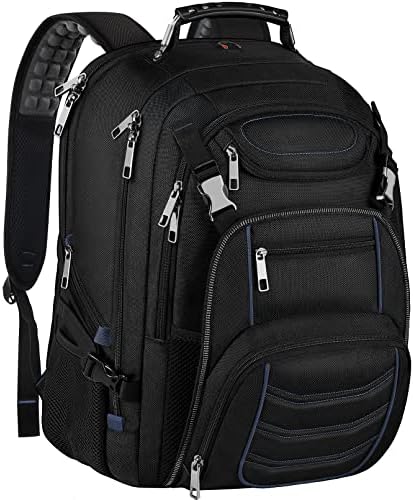Decisions that pre-empted meal and rest break rules specific to California and Washington State are once again up for review, with the U.S. Federal Motor Carrier Safety Administration (FMCSA) announcing that it will consider related petitions.
In each case, FMCSA pre-empted the state-specific meal and rest breaks for commercial drivers after determining the rules would be more stringent than federal standards.
The California decision came in December 2018, while the Washington decision came in November 2020. Court challenges that followed were unsuccessful.
Petitions challenging these waivers must be submitted by Nov. 13, the regulator said in a notice.

Any petitions will need to address factors such as whether the state laws have impacted driver health and safety, will exacerbate existing truck parking shortages, or dissuade carriers from operating within the states.
The existing California decision came after petitions were filed by the American Trucking Associations (ATA) and Specialized Carriers and Rigging Association, while the Washington Trucking Association was successful in the petition within its state.
Meal breaks and rest
California’s Labor Code requires employers to provide non-exempt employees a 30-minute meal break if they work more than five hours a day, and employees who work shifts of 10 hours or more are entitled to a second 30-minute meal break. Employers are required to provide rest periods for non-exempt employees who work 3.5 or more hours a day, while employees are entitled to a 10-minute rest period for each four hours.
Washington’s Administrative Code gives employees at least a 30-minute meal period that begins after the second hour and before the fifth hour after a shift begins. Ten-minute rest periods are required for each four hours of working time and must come no later than the third working hour – and be scheduled as close as possible to the midpoint of four hours of working time. No employee is required to work more than three hours without a rest period.
“Ensuring a singular, national standard of work rules for professional drivers is crucial to both safety and the supply chain,” ATA president and CEO Chris Spear said in a press release.
“Federal law already mandates rest breaks for drivers. Unnecessary and duplicative state laws are not grounded in safety and have been primarily enforced via private lawsuits designed to extort the trucking industry. Opening the door to this spurious litigation once again would impair the safe and efficient movement of interstate goods.”











